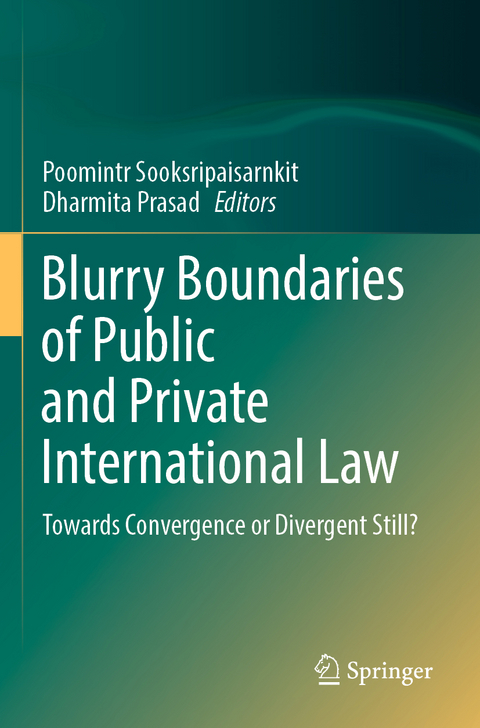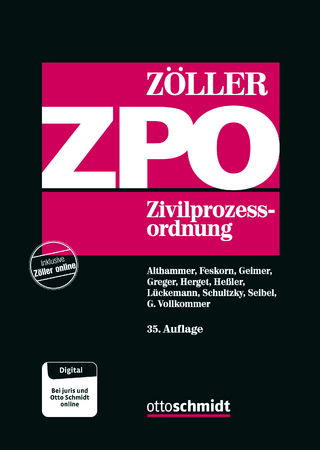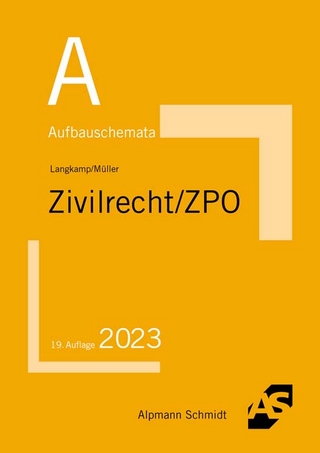
Blurry Boundaries of Public and Private International Law
Springer Verlag, Singapore
978-981-16-8482-1 (ISBN)
Poomintr Sooksripaisarnkit is Lecturer in Maritime Law at the Australian Maritime College, University of Tasmania in Australia. Prior to joining the Australian Maritime College, he was Assistant Professor within the School of Law, City University of Hong Kong, where he was also Associate Director of the (then) Hong Kong Centre for Maritime and Transportation Law. His research interests lie in the fields of private international law (conflict of laws), insurance law (marine and non-marine), private aspects of admiralty and maritime law (excluding law of the sea and regulations), carriage of goods by sea, international sale of goods carried by sea, and aspects of international arbitration (relevant to conflict of laws). He is Accredited Mediator by both the Centre for Effective Dispute Resolution (CEDR) and the Hong Kong Mediation Accreditation Association Limited (HKMAAL). He is Fellow of the Chartered Institute of Arbitrators (FCIArb). He is also Supporting Member of the London Maritime Arbitrators Association (LMAA). He was Executive Committee Member of the Hong Kong Maritime Law Association (HKMLA) and the Hong Kong Insurance Law Association Limited (HILA). In Australia, he is Member of the Maritime Law Association of Australia and New Zealand (MLAANZ) and Associate Member of the Australian Insurance Law Association (AILA). He has co-edited two books—China’s One Belt One Road Initiative and Private International Law and Contracts for the International Sale of Goods: A Multidisciplinary Perspective. He is working on a monograph titled "Marine Insurance: Comparative Common Law Perspectives" to be published by Springer in a few years. Dharmita Prasad is an assistant professor at Jindal Global Law School, O.P. Jindal Global University in Sonipat, India. She litigated in criminal and civil matters from 2014 to 2017 at the Delhi High Court and district courts, before transitioning to academics. She is also a certified mediator by The International Centre for Alternative Dispute Resolution, New Delhi. She has a master’s degree from the University of Johannesburg, South Africa, in international commercial law and undergraduate degree in law from the National Law University, Jodhpur, India. Her research interests are private international law, international arbitration, and international commercial law. She has presented papers at the University of Munich, the University of Johannesburg, and the London Centre for Commercial and Financial Law.
Chapter 1. Public International Law and Private International Law: Setting Scene for Intersectionality.- Theme 1: Public International Law and Private International Law: Historical and Theoretical Considerations of the Boundary.- Chapter 2. Private International Law’s Origins as A Branch of The Universal Law of Nations.- Chapter 3. Recognition – A Story of How Two Worlds Meet.- Chapter 4. Forum Non Conveniens in Australia – How Much Weight Should Be Given to Comity?.- Theme 2: Harmonisation of Private International Law by Public International Law Instruments – Evaluation of Process, Problems, and Effectiveness.- Chapter 5. International Rule of Law and its relation to harmonization.- Theme 3: Case Studies of Intersectionality between Public International Law and Private International Law.- Theme 3.1: Intersectionality in the Context of International Investment Law.- Chapter 6. A Quest for the Missing Link in the Resolution of International Investment Disputes Affecting Host States’ Citizens under Public and Private International Law.- Chapter 7. Visualising the Role of International Rule of Law in Claim Funding by Third Parties.- Theme 3.2: Intersectionality in The Context of International Sale of Goods.- Chapter 8. Article 79 CISG: Testing the Effectiveness of the CISG in International Trade Through the Lens of the Covid-19 Outbreak.- Chapter 9. Determination of Legal Effects of Covid-19 Related Export Bans and Restrictions on International Sale of Goods Contracts: Interplay Between Public and Private International Law.- Chapter 10. Private International Law vs Public International Law: Competing or Complimentary Intersectionality in CISG Article 79?.- Theme 3.3: Intersectionality in the EU context.- Chapter 11. Blocking Statutes: Private Individuals Finding Themselves in Interstate Conflicts.- Chapter 12. When Public International Law Meets EU Private International Law: An Insight on the European Court of Justice Case Law Dealing with Immunity Vis-À-Vis the Application of the Brussels Regime.- Chapter 13. Children’s Rights Law and Private International Law: What Do Referencing Patterns Reveal About Their Relation?.- Theme 4: Future Trends in Relationship Between Public International Law and Private International Law.- Chapter 14. Ringfencing Data? – Perspectives on Sovereignty and Localization from India.
| Erscheinungsdatum | 28.02.2023 |
|---|---|
| Zusatzinfo | 1 Illustrations, black and white; XIV, 286 p. 1 illus. |
| Verlagsort | Singapore |
| Sprache | englisch |
| Maße | 155 x 235 mm |
| Gewicht | 462 g |
| Themenwelt | Recht / Steuern ► EU / Internationales Recht |
| Recht / Steuern ► Privatrecht / Bürgerliches Recht ► Zivilverfahrensrecht | |
| Schlagworte | CISG • Conflict of Laws • Covid-19 • Dispute Resolution • international investment |
| ISBN-10 | 981-16-8482-0 / 9811684820 |
| ISBN-13 | 978-981-16-8482-1 / 9789811684821 |
| Zustand | Neuware |
| Haben Sie eine Frage zum Produkt? |
aus dem Bereich


